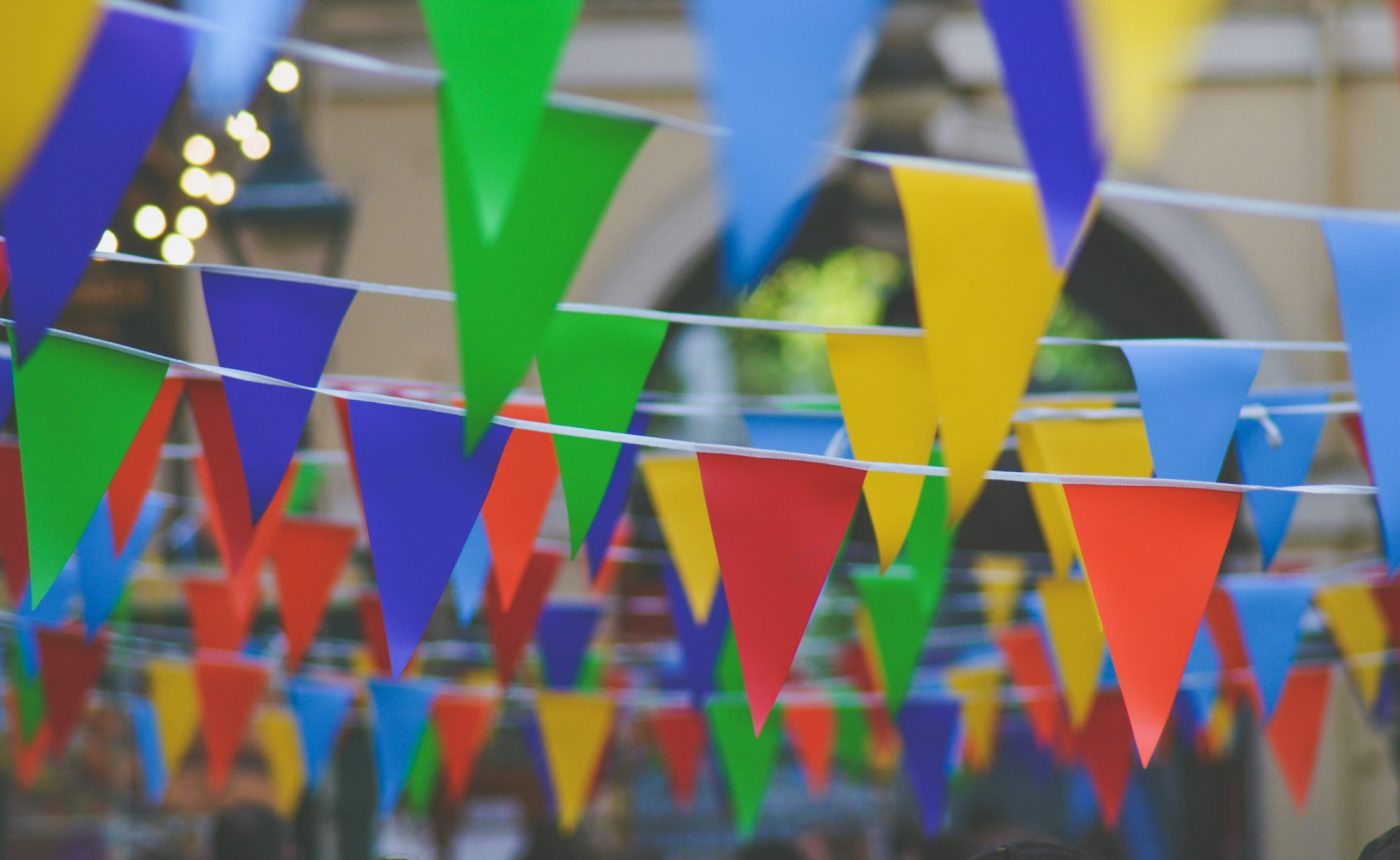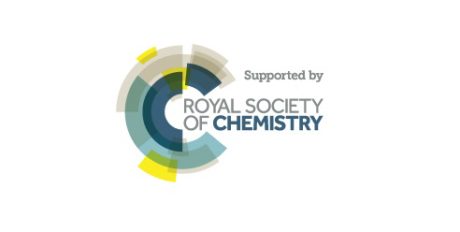
At this time of uncertainty, networks and communities of practice are key for so many in the science engagement sector. Ivvet Modinou, Chair of the UK Science Festivals Network, explains why…
At the UK Science Festivals Network (UKSFN), we know the value of festivals; an opportunity for people to come together to celebrate, and sometimes challenge, science and its place in society through a local lens.
Each year we ask the members of the Network to share some key figures so we can gather a snapshot of the sector and its impact. The numbers speak for themselves. In 2019, science festivals collectively enabled over a million face-to-face interactions and our members worked with over 11,500 researchers, giving them the opportunity to meet the public and share their work. Not to mention mobilising over 5,000 volunteers who gave up their time to help make festivals happen in their local area.
However, we know that 2020 will tell a very different story.
As social distancing becomes the new normal, festivals and live events across the country ranging from science to music events, and from literary festivals and art exhibitions, are quite rightly cancelling or adapting their plans. These are difficult decisions, plagued with uncertainty, that have many implications for staff, partners and audiences. The Association of Independent Festivals (AIF), which represents 65 arts and music festivals in the UK, recently reported that their members may be facing redundancies of 59% on average, and the sector could lose more than half of its workforce between September 2020 and February 2021 without support. Moreover, these cancellations raise questions about how science festivals can ensure we are still there for our audiences in meaningful ways, and how do we support researchers to continue engaging the public with science?
At the UKSFN, we have been thinking about how to answer these questions, and to best support and bolster our science festival community to think about how we refocus and rebuild after COVID-19. We can do none of those things without support from our peers and it’s in times of crisis that we realise how important that community is. Whether we see it or not, community appears, seemingly out of nowhere, when we are struck down – like an invisible safety net helping us bounce back. The stronger the community, the stronger the net.
Being able to lean on each other, mentally not physically of course, in these times is so critical. We are trying to keep our members connected – to share knowledge, opportunities, or frustrations, whether it’s through WhatsApp, Zoom or a simple phone call. We are here to listen and provide a space for conversations around how we as a sector move forward, whilst listening to what people want and need. We are also working with our colleagues in the US and take inspiration from their innovative Listening Tours with different audiences.
Together, the UKSFN, which is supported by UK Research and Innovation (UKRI), continue to advocate and reaffirm the importance of science festivals in conversations with funding bodies and decision makers. We have begun work on a submission to the Select Committee on Culture, Media and Sport inquiry on the ‘Impact of COVID-19 on DCMS sectors’ and we have already collected the views of our members to feed into that important inquiry.
Science festivals are an important component of the science engagement ecosystem. Whilst our community may not see it now, as we are busy putting out fires and thinking about how we survive financially, this could serve as the pause we all need. A pause to not talk but to listen, to not plan but to reflect. We are a creative, vibrant community and using this strategic patience, I am confident that we will make it through to the other side stronger and better than ever.

